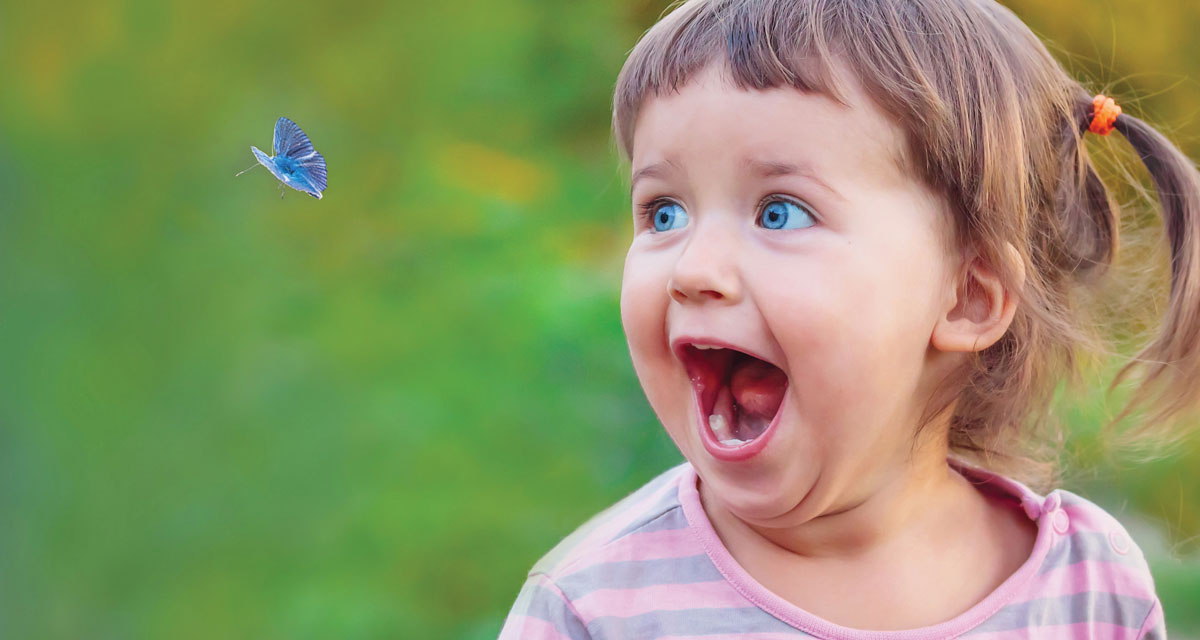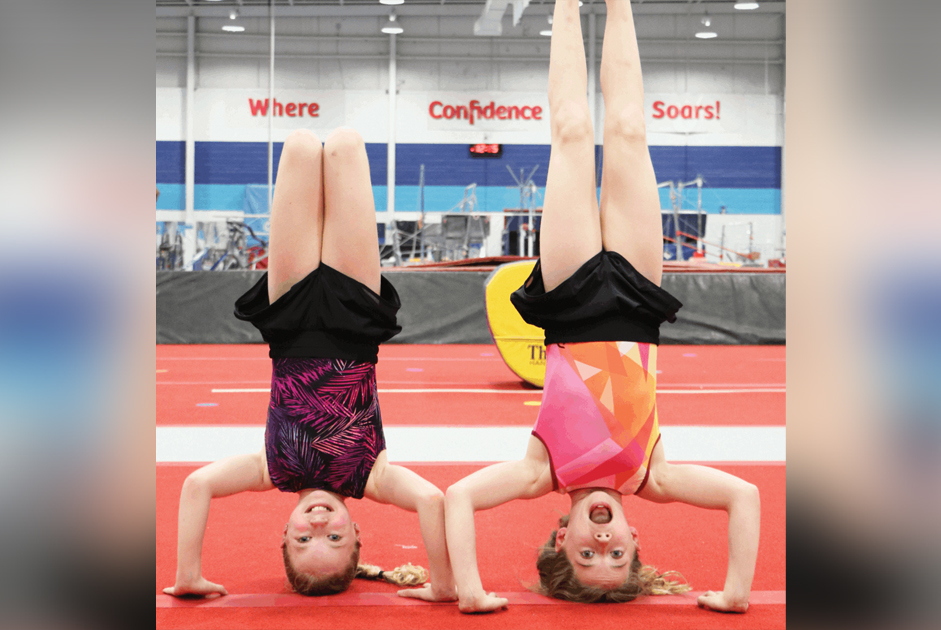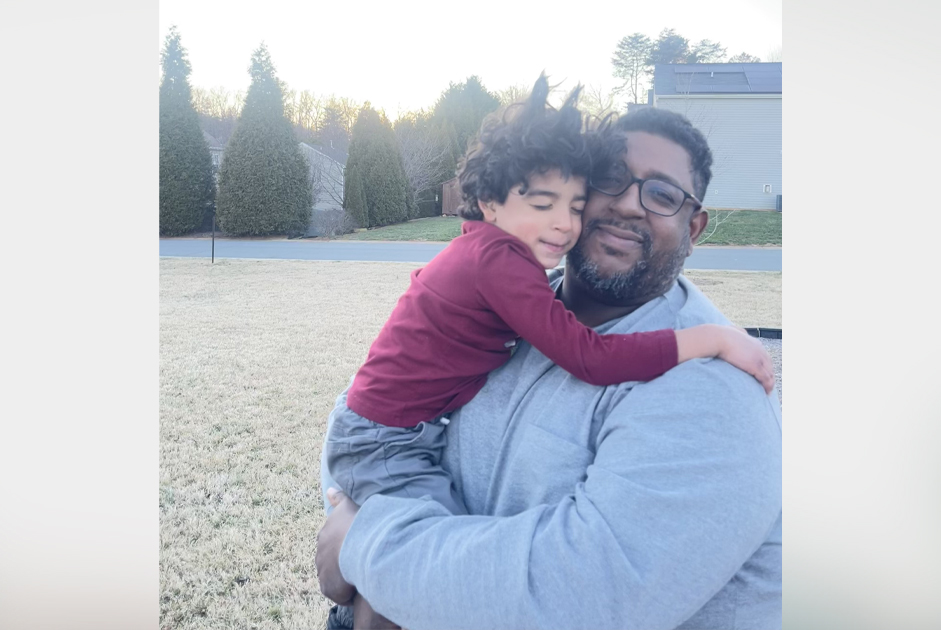Train a child in the way he should go, and when he is old, he will not turn from it: ~ Proverbs 22:6.
A connection to something more significant than yourself feels warm and enveloping and provides an element of insulated protection. Immediately, the first thought may be, “That is how I feel when I think of God or my faith.” Spiritual awareness affects children by creating a resilience to life’s troubles, both overwhelming and small. The potential for such awareness already exists in their minds. With a strong presence of faith, children can resist peer pressures, negative influences, and risks. By possessing spiritual enlightenment, children know they are not alone. How could they be, with an inner feeling of love and a strong guiding light?
A Natural Gift
Psalm 19:1 says, “The heavens tell the glory of God. And the skies announce what his hands have made.”
The wonders of God are among the natural elements of a star, tree, flower, the earth, and its people. As children find the flutter of a butterfly or the weight of a rock fascinating, they, too, are revealing a spiritual connection that comes naturally. Lisa Miller, Psychology Ph.D., author of The Spiritual Child: The New Science on Parenting for Health and Lifelong Thriving,writes, “Science now tells us that this spiritual faculty is inborn, fundamental to the human constitution, central in our physiology and psychology. Spirituality links brain, mind, and body. Children are born fully fluent in this primal, nonverbal dimension of knowing. They need time to develop the wraparound of cognitive, linguistic, and abstract thinking, but young children don’t have to learn the “how” or the “what” of spiritual engagement. Bird and flower, puddle and breeze, snowflake or garden slug: all in nature speaks to them, and they respond. A smile, a loving touch, the indescribable bond between child and parent that science has yet to fully explain, all of these speak deeply to them, too. Spirituality is the language of these moments, the transcendent experience of nourishing connection. Spirituality is our child’s birthright. We support their development when we read with them, talk with them, sing and play with them, feed and bathe and encourage them. Science now shows that the way in which a parent supports a child’s spiritual development has a great deal to do with how a child grows into that rich spiritual potential.”
Recommended Books
Similar to our patterns of prayer and reading, nighttime lends itself to establishing closeness by reading and talking about the story and its principal characters. If you are seeking the perfect book for your child, perhaps one of the following recommendations would help.
- Bedtime Bible Stories by J. Landreth, D. Partner, R. Brumbaugh, and L. Carlblom. Contains more than 180 Bible stories in chronological order that ages four to eight can easily understand. The stories are short, presented across two pages, offering a relatable experience before integrating a biblical story and a prayer in conclusion.
- A Devotional Bible for Kids: My First Message by Eugene H. Peterson: This chronological devotional comprises 50 simplified stories in order to encourage children ages four to eight to develop a routine of reading, thinking, and praying. Eye-catching and colorful illustrations assist young children in understanding the story.
- If I Could Ask God Anything: Awesome Bible Answers for Curious Kids by Kathryn Slattery. Written for ages seven to ten, children can grow closer to their faith by reading biblically-based answers about God, Jesus, the Holy Spirit, the Bible, Christianity, and prayer.
- Indescribable: 100 Devotions About God & Science by Louie Giglio. Children aged six to ten can connect the orchestration of our world from hummingbirds to dinosaurs, to the stars and space, and geology and oceans in the hands of God’s creation. An excellent devotional featuring fascinating facts, hands-on activities, a “Be Amazed” section, and concluding every chapter with prayer.
And, sometimes, religious questions cannot be answered; yet, if we take our child’s hand on the journey, we can help them gain perspective, and never stop asking questions from childhood through adulthood.




















